Sputtering Targets
Evaporation Materials
Evaporation Sources
High Purity Materials
Thin Film Substrates
Crytstal Materials
 +86-731-89578196
+86-731-89578196
 [email protected]
[email protected]
Sputtering Targets
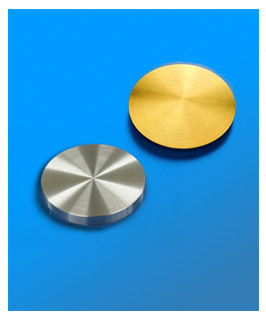
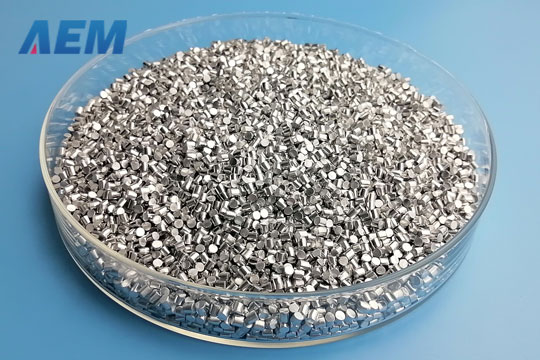

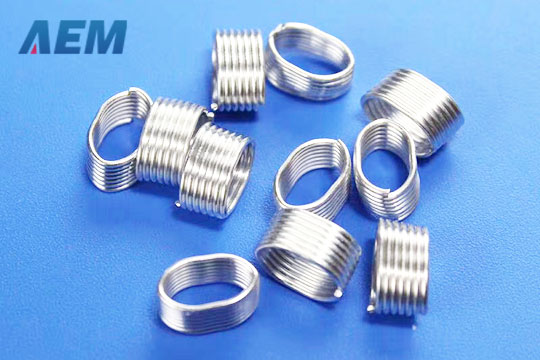
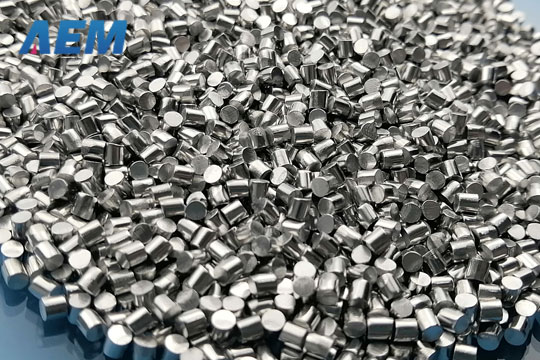
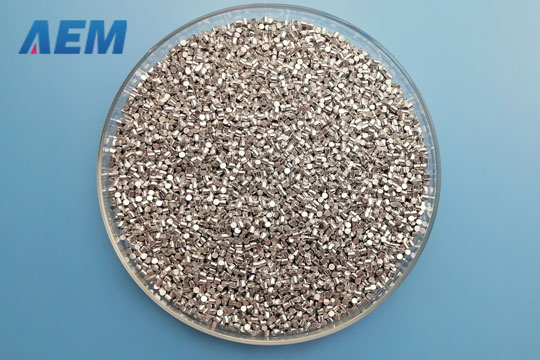
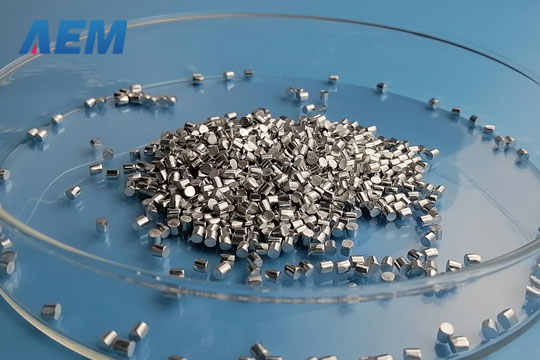
AEM DEPOSITION stands as a leading provider of high-purity aluminum evaporation materials, along with a diverse range of other evaporation materials. We supply aluminum in both pellet and granule forms, with the option for custom shapes upon request.
Our high-purity aluminum, available up to 99.9999% purity, is essential in ensuring the success of deposition processes by delivering superior film quality. AEM DEPOSITION is committed to strict quality control, ensuring each batch meets the highest standards for performance and reliability. Contact us today to request a quote.
| Material Type | Aluminum |
|---|---|
| Symbol | Al |
| Atomic Weight | 26.9815386 |
| Atomic Number | 13 |
| Color/Appearance | Silvery, Metallic |
| Thermal Conductivity | 235 W/m.K |
| Melting Point (°C) | 660 |
| Coefficient of Thermal Expansion | 23.1 x 10-6/K |
| Theoretical Density (g/cc) | 2.7 |
| Z Ratio | 1.08 |
|---|---|
| E-Beam | Excellent |
| Thermal Evaporation Techniques |
Basket: W Crucible: TiB2-BN, BN |
| E-Beam Crucible Liner Material | Fabmate®, Intermetallic |
| Temp. (°C) for Given Vap. Press. (Torr) |
10-8: 677 10-6: 821 10-4: 1,010 |
| Comments | Alloys W/Mo/Ta. Flash evap or use BN crucible. |
Our aluminum evaporation materials boast purities of up to 99.9999%, ensuring the highest quality thin films. This level of purity minimizes impurities, resulting in better electrical and optical properties, making it ideal for applications in semiconductors, optical coatings, and thin-film transistors.
Consistency is key in deposition processes. Our aluminum evaporation materials are carefully processed and tested to ensure uniform composition and particle size, delivering reliable and repeatable film quality for all your deposition needs.
We offer aluminum evaporation materials in pellet, granule and powder forms, with customization options to meet your specific application requirements. Whether you need specific dimensions, shapes, or packaging, we can tailor our products to suit your needs.
AEM DEPOSITION takes pride in providing fast and reliable delivery, no matter where you are located. With a strong supply chain, we ensure that you receive your evaporation materials on time, keeping your projects on schedule.
Aluminum is a popular choice for evaporation processes due to its many useful properties. Here's why aluminum pellets are widely used:
Aluminum is one of the most affordable evaporation materials. Because it is widely available and easy to produce, it offers a cost-effective solution for companies.
Aluminum is excellent at conducting heat and electricity. This means it heats up evenly and quickly during evaporation, allowing for better control over the coating process.
Aluminum is very reflective, especially for visible and infrared light. This makes it a great choice for coatings used in mirrors, solar panels, and lighting, where reflecting light efficiently is important.
Aluminum is known for its strong resistance to corrosion. Pellets made from aluminum maintain this durability, making them suitable for use in harsh environments.
Aluminum pellets maintain the lightweight characteristics of the metal, making them easy to transport, handle, and store in bulk without adding significant weight to processes or products.
One of the most environmentally friendly features of aluminum pellets is that they are 100% recyclable without losing quality. This makes them a sustainable option for companies focused on reducing waste and promoting green manufacturing.
Aluminum evaporation materials are widely used in many industries because they offer high reflectivity, are lightweight, and conduct heat well. These materials are essential for creating thin films through vacuum deposition, which are then applied in various products and technologies. Here are some of the key applications:
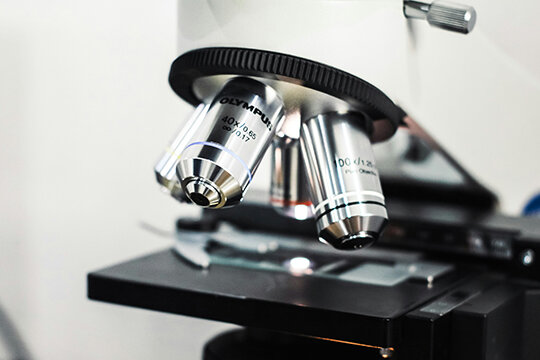
Aluminum's excellent reflectivity makes it perfect for mirrors, lenses, and optical devices. It's commonly used in telescopes and microscopes, as well as solar reflectors, to effectively bounce back visible and infrared light.
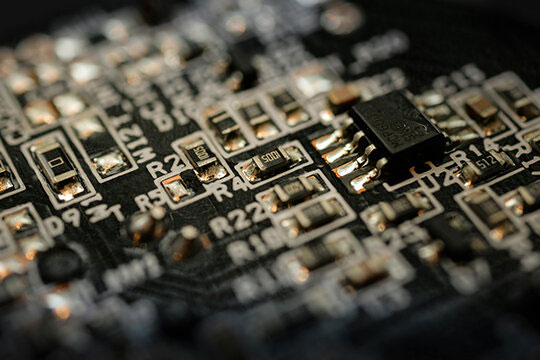
In the electronics industry, aluminum plays a key role in forming thin films on silicon wafers, creating electrical connections in transistors and integrated circuits. Its lightweight nature and good conductivity make it ideal for high-performance electronics.
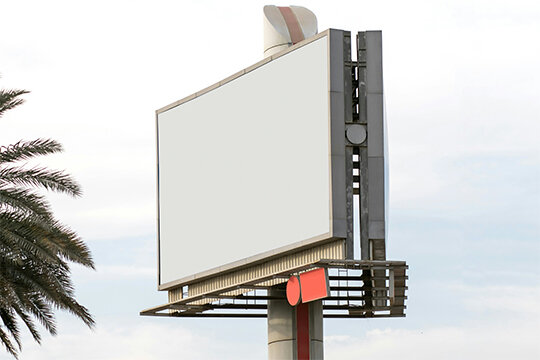
You'll find aluminum coatings in OLED and LCD screens, where they enhance brightness and energy efficiency. This is crucial for delivering crisp, clear images on TVs, smartphones, and other displays.

For a shiny, metallic finish, aluminum is used in packaging, jewelry, and even automotive parts. Beyond aesthetics, it also serves as a protective layer, preventing corrosion and wear, which extends the lifespan of many products.
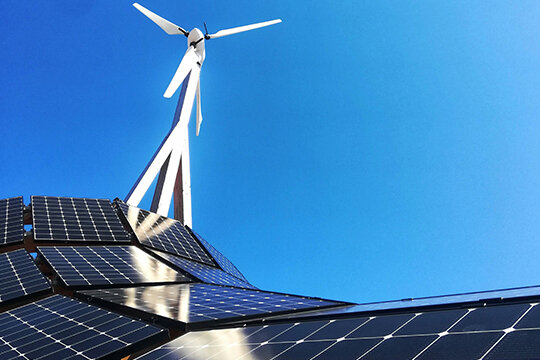
In solar panels, aluminum helps reflect more sunlight, improving efficiency. It's also found in batteries, where it boosts conductivity and helps manage heat, enhancing both performance and longevity.

Aluminum coatings are essential in protecting aerospace components from extreme temperatures and radiation. This reflective property is vital in both aircraft and spacecraft, shielding them from infrared and ultraviolet rays.
Aluminum evaporation materials are high-purity aluminum used in a vacuum deposition process to create thin films. These films are applied to various surfaces for a range of applications, including coatings, electronics, and displays.
In optical coatings, aluminum is used to produce reflective thin films that enhance the performance of mirrors, lenses, and other optical devices. The aluminum film helps to reflect light efficiently, improving the clarity and brightness of optical systems.
Aluminum is favored in semiconductor applications because it has excellent electrical conductivity and is lightweight. These properties make it ideal for forming connections on silicon wafers and within integrated circuits, ensuring efficient performance in electronic devices.
In display technology, aluminum thin films enhance brightness and energy efficiency. They are used in OLED and LCD screens to improve light reflection, resulting in clearer and more vibrant displays for televisions, smartphones, and other devices.
Aluminum coatings provide a shiny, metallic finish to products like packaging and automotive parts. Additionally, they offer protection against corrosion and wear, extending the life and maintaining the appearance of the coated items.
In solar energy, aluminum coatings are applied to solar cells to increase their efficiency by reflecting more sunlight onto the photovoltaic materials. This helps improve the performance of solar panels and contributes to better energy conversion.
Yes, aluminum evaporation materials can be customized to meet the specific needs of different applications. Variations in purity, thickness, and deposition techniques allow for tailored solutions to suit diverse industrial requirements.
Several factors influence the quality of the aluminum film, including the purity of the aluminum material, the cleanliness of the substrate, the vacuum pressure in the chamber, and the deposition rate. Controlling these parameters helps achieve a uniform and high-quality film.
Aluminum evaporation materials can be applied to a wide variety of substrates, including glass, plastic, ceramics, and metals. The compatibility with different surfaces makes aluminum an adaptable material for coatings in various industries.
| Pure Metal Sputtering Targets | |
| Alloy Sputtering Targets | |
| Ceramic Sputtering Targets | |
| Evaporation Materials | |
| Crucibles | |
| Metal Powders |